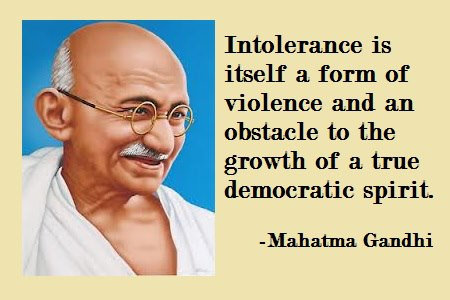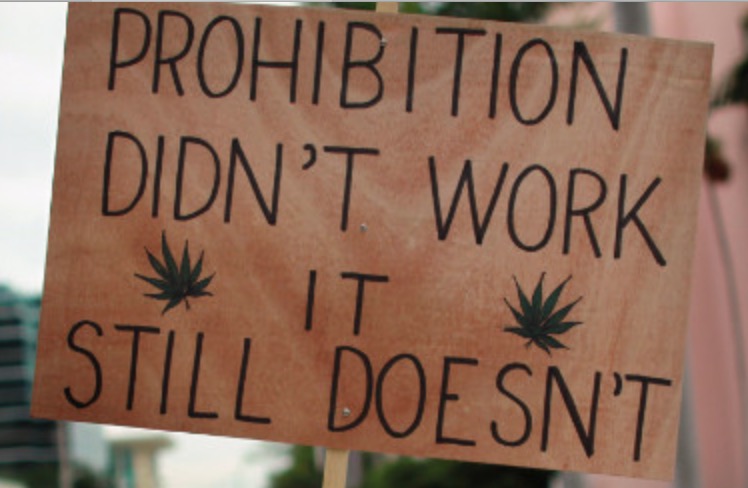I sometimes think of the justice system as a slow motion version of the sarlacc from Star Wars, slowly and ponderously chewing down on anyone drawn into its maw.
Most Courts do their thing and bring justice or relief to people through the process. My experience has been mainly from the criminal justice perspective and I admit that I have sat semi-comatose through many ponderous processes, often glacial, mostly boring, and hardly ever entertaining.
Mainly the system works. Sometimes it doesn’t and the guilty go free because of a badly planned case, lack of evidence or on a technicality. For a guilty person to go free isn’t a defeat it is just the system doing what the system is supposed to do, blind Justice.
The opposite happens as well and innocent people are found guilty. For whatever reason this is wrong, more so if someone is imprisoned or sentenced to death, and has been recognized as such for centuries. Sir William Blackstone’s words on the matter “It is better that ten guilty persons escape, than that one innocent suffer” are deemed to be so important that they appear on the walls of the Harvard Law School.
The truth is that there are too many ‘innocence’ cases and there are two main areas that particularly annoy me.
Plea bargains, exist for mainly one reason, to save money. A plea bargain means no trial, no real investigation and no forensic examination of the evidence to prove what is alleged. A plea bargain eases the pressures on an already overwhelmed system that should instead be employing more judges and public defenders to ensure justice prevails and is seen to prevail.
Naïve? Maybe, but I have seen the result of plea bargains forcing innocent people out of good jobs and education and into a minimum wage existence. And don’t get me wrong, as a police officer I enjoyed seeing the guilty get justice.
The other area is scientific advances which can prove innocence after an event. This is getting better all the time but many Courts, for whatever reason, are refusing to allow such appeals. We are not talking about an appeal to allow testing, but an appeal based on the results of testing which completely exonerates the accused.
The innocent sit in jails while somewhere the evidence to prove their innocence is ignored.
In 1998 DNA testing exonerated 13 out of 25 inmates from the Illinois State death row.
That was 19 years ago and the worth of DNA testing has been proven countless times since and yet for whatever reason, innocent people are still suffering in the name of conviction statistics or budget restraints.
There are many documented case of guilty pleas based on fear. The Courts readily accept them, sign off on them and slam the door closed.
It should not be so hard to crack the door open again to allow the truth back in.



